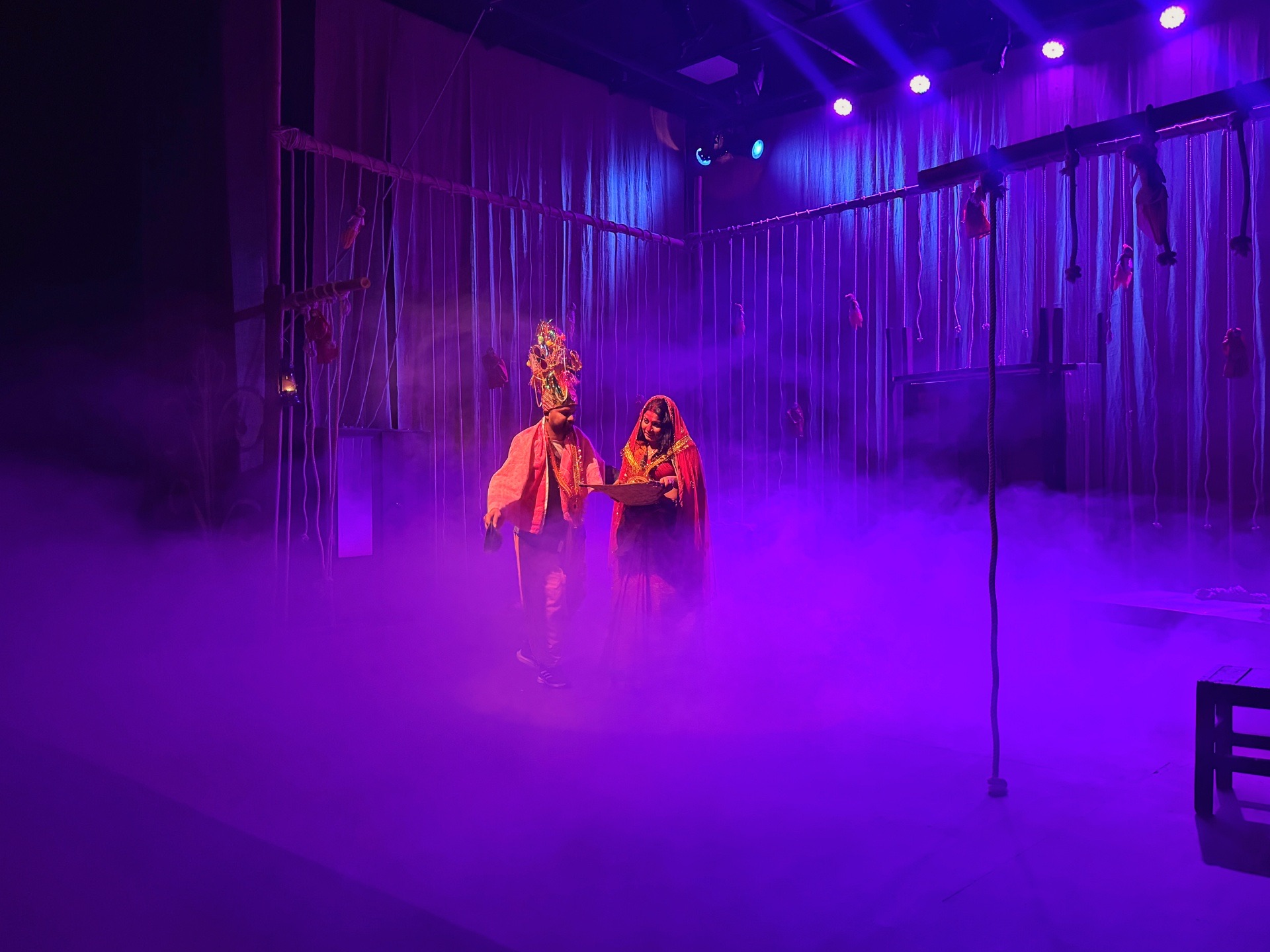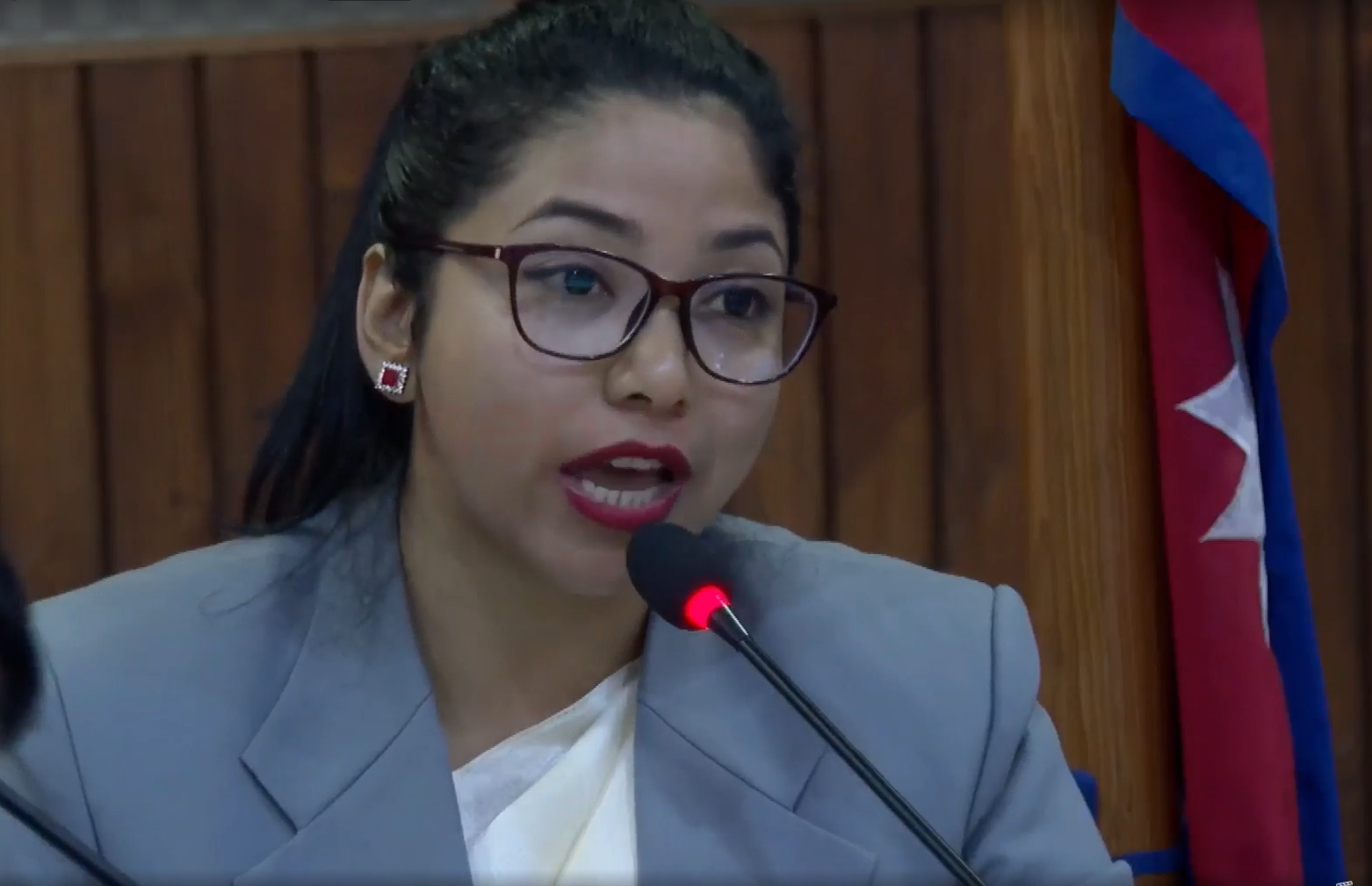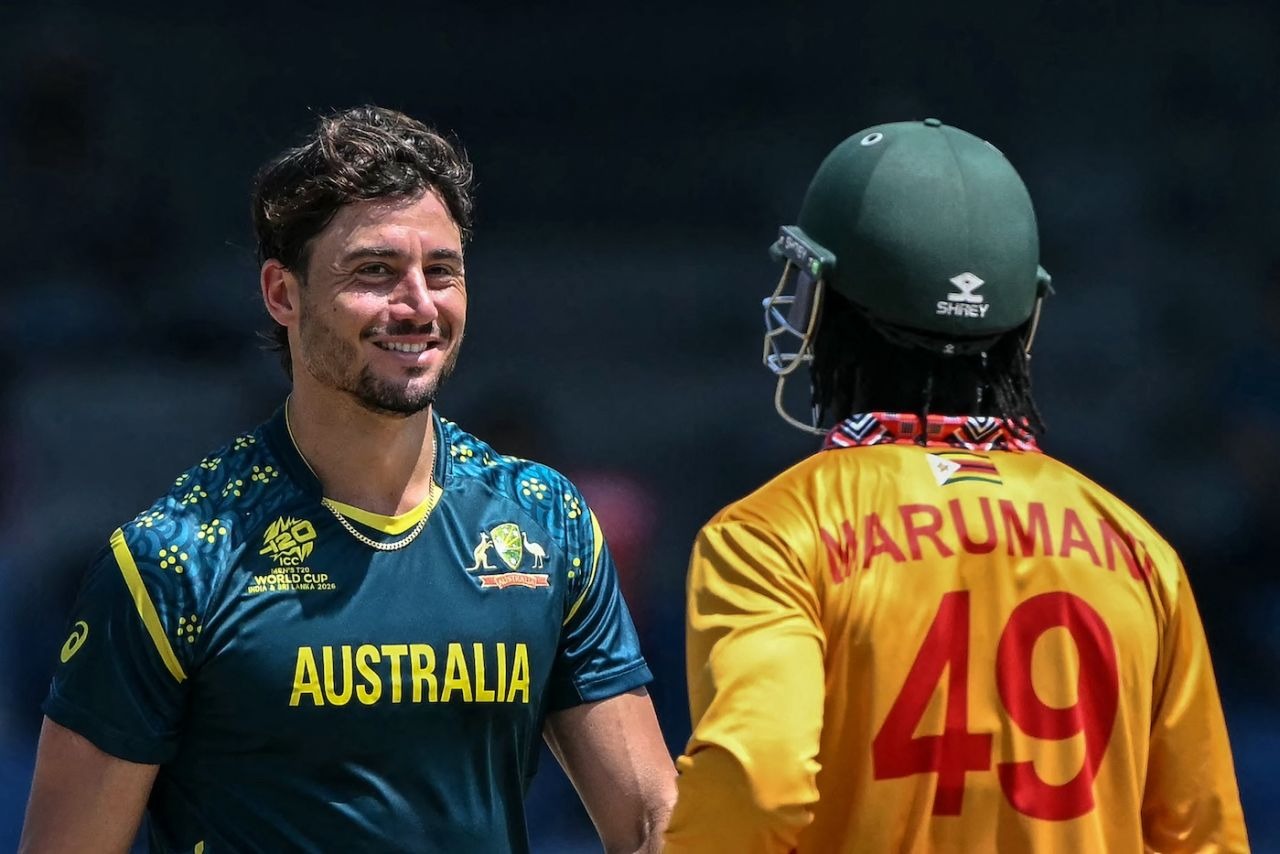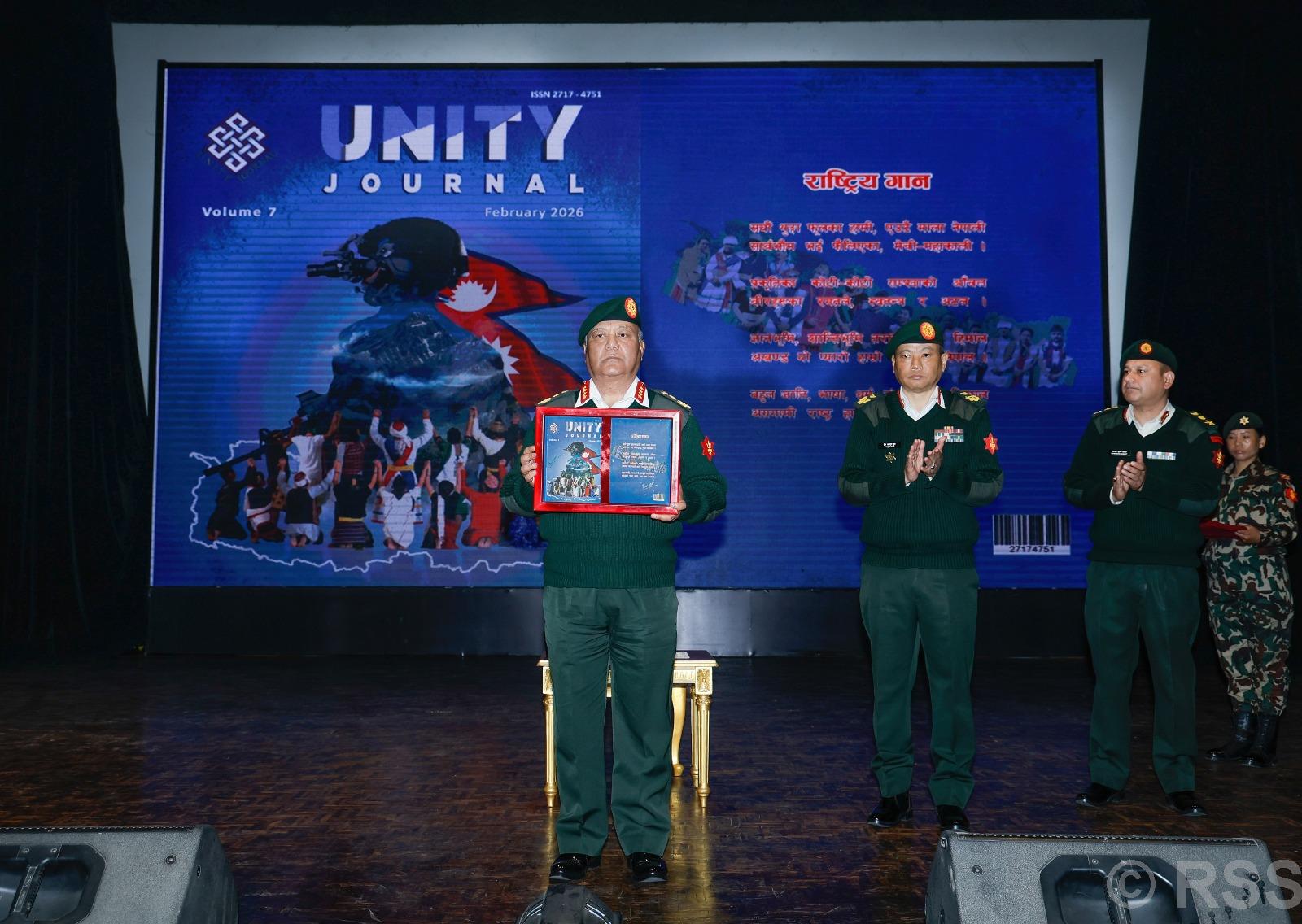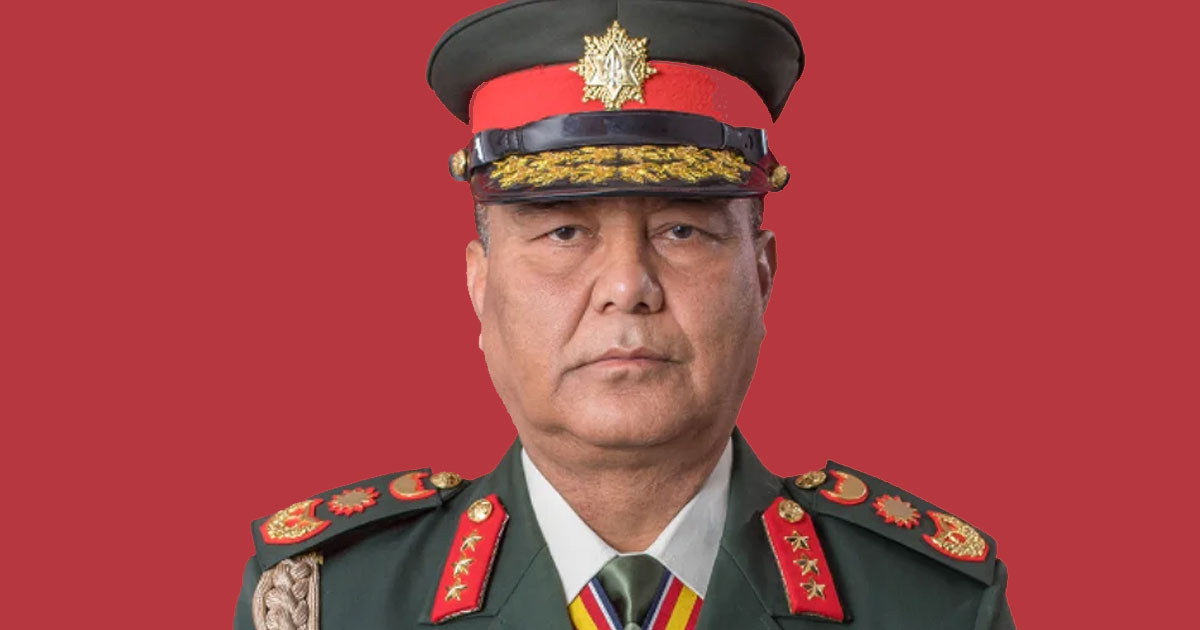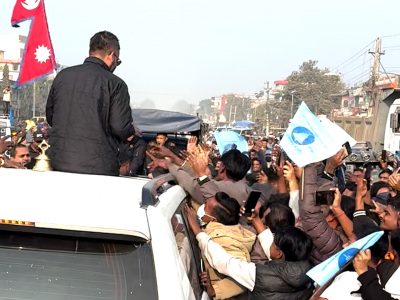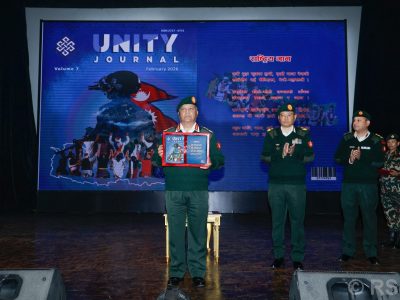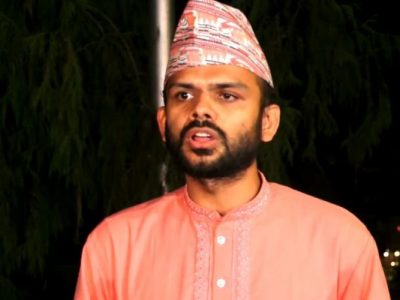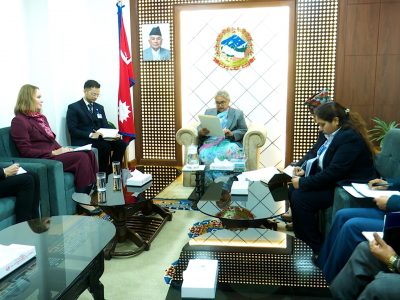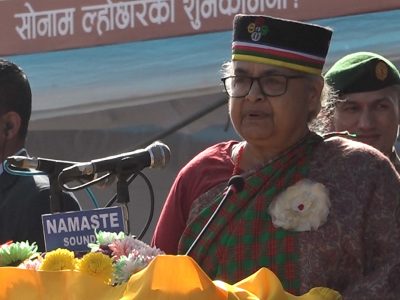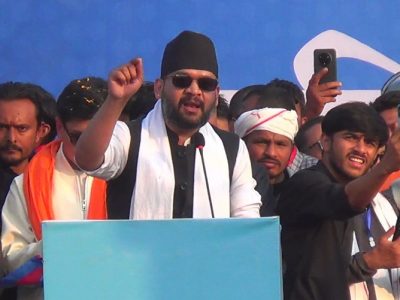India’s sleepless Shyams and sidekicks
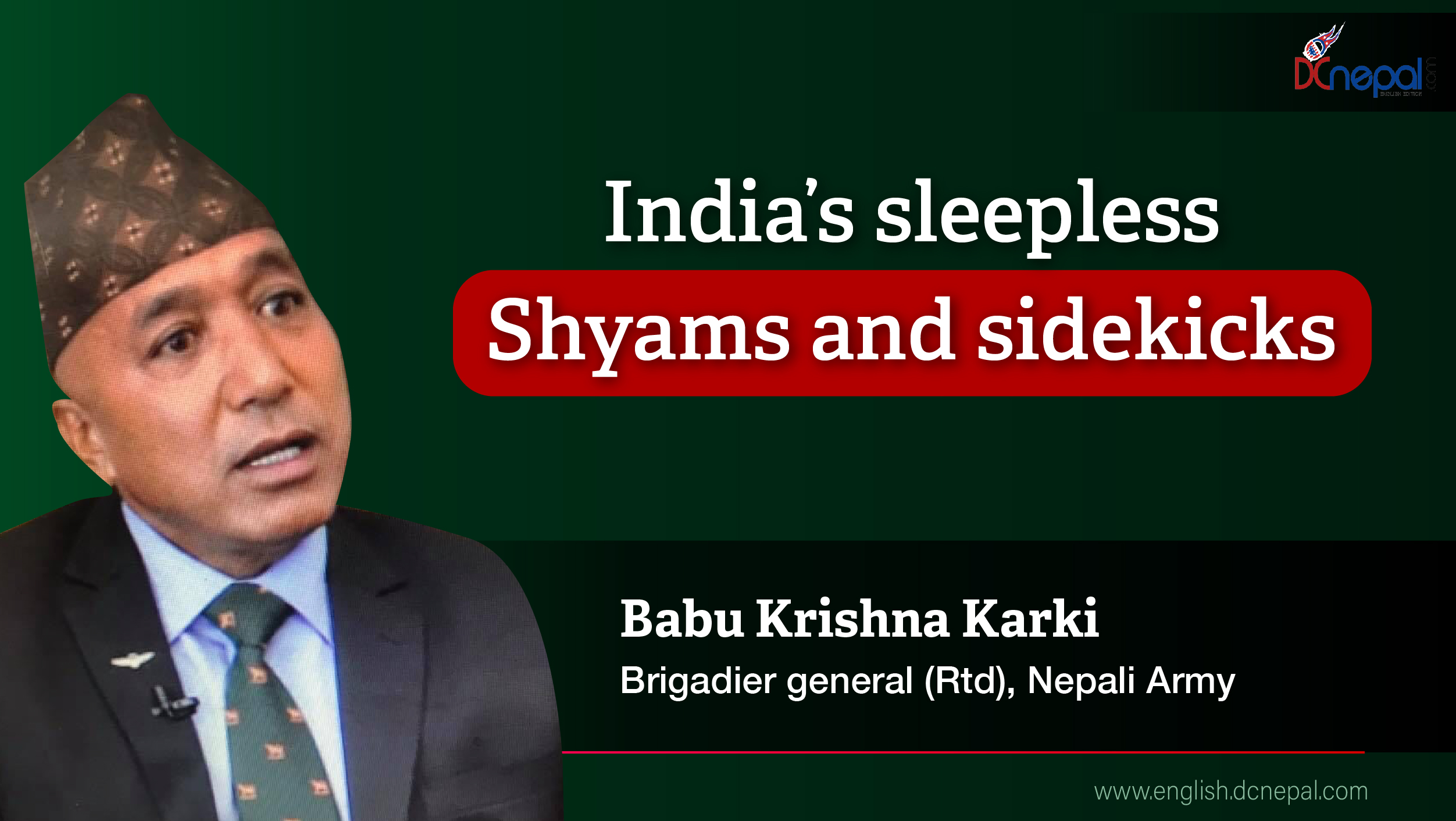
A recently released book apparently written by India’s former President late Pranab Mukherjee alleges Nepal’s late King Tribhuwan of encouraging Jawarhlal Nehru to assimilate Nepal into India. The book further claims that a judicious Nehru with a democratic halo over his head had rejected the King’s proposition because he held a deep desire to see Nepal evolve as a functioning multiparty democracy. In another development, India’s former Ambassadors Shyam Sharan and Ranjit Rae have recently penned opinion pieces while S.D. Muni has gone on air to exhort the Indian government to retract support for Nepal’s government currently led by Prime Minister K.P. Oli and safeguard Nepal’s democracy. They press on the Indian government to engage without intervening.
To every Nepali national, the outlandish revelation and preposterous exhortations should neither come as a rude shock nor warrant any alarm. As laughable as the narratives are, Nepal must interpret these jaundiced viewpoints as misgivings of an Indian constituency that is distinctly misaligned with Delhi’s current rulers. And their frantic efforts are aimed at delegitimizing and sabotaging India’s Nepal policy and playbook. More importantly, however, it is an outright cold-hearted attempt to stab Nepal mercilessly in the back like they have done before.
This group includes Messrs like Shyam Sharan, Ranjit Rae, S.D Muni, Ashok Mehta, Sitaram Yechury and others. Most in this callous cabal had until very recently been advocating for punitive measures against Nepal for its sovereign aspirations and dignified existence. This decrepit and deranged cabal botched royally with their misadventures in Nepal some 15 years ago and inflicted an irreparable damage to India’s long term interests in Nepal for short-term gains.
Lest we forget, it was President Mukherjee (one of the ring masters) who during an interview to Al Jazeera publicly professed to having nurtured and enabled the rise of Nepal’s the then Maoist terrorists. The Maoists had been labeled as terrorists by India even before Nepal. Although Nepal’s Maoists themselves have already admitted to the Indian tutelage, the admission by India’s President himself (who was previously the foreign minister) has undeniably exposed India’s complicity. Mukherjee’s admission was intended to demonstrate Indian unassailable leverage in the region. But by admitting support to a terrorist group, he inadvertently enlisted India as a state sponsor of terrorism.
The recent blame one of Nepal’s former Army Chiefs recently dumped on the then India’s ruling alliance (pointing to Shyam Sharan and others) during a joint India-Nepal webinar reinforces that fact. To the discomfiture of the Indian participants, he forcefully alleged, “India provided safety, shelter and sanctuary to the then Maoist terrorists.”
It is no mere coincidence that Mukherjee’s book was released at a time when large protests demanding the return of Monarchy had swept across Nepal. Public disgust and fury against all illiberal political parties are becoming increasingly pronounced. People are fed up with the crippling infighting and the resulting instability. People are furious because despite footing an exorbitant amount for the upkeep of these new political denominations and providing a thumping two third majority to the ruling NCP to govern the country, the governance system was crumbling because of their own doing.
The government and the political classes’ criminal apathy during this raging pandemic and the abandonment of the people have further inflamed those sentiments. As a consequence, most are now yearning for a glorious past where there was some semblance of national discipline and dignity. In fact, this antipathy towards the political forces has begun to fuel the pro-monarchy fervor across Nepal. The sentiment that “one strong King is much better and less costly than thousands of divided predatory Kings spawned by the new Republic” is germinating into the national psyche.
Delhi too seems to have recognized the pro-monarchy public pulse sweeping across the land. Many senior leaders in the BJP, RSS and Shiva Sena in India had always held a soft corner for Nepal’s monarchy and a bitter antipathy towards Nepal’s communist forces which they blindly regard as puppets of the China. More importantly, the leverage of RSS and Shiv Sena has influenced prominent political figures in BJP government like UP’s Chief Minister – Yogi Adityanath to publicly declare support for the Monarchy.
Over the years, Indian support for the Monarchy was unclear until suddenly a red-carpet welcome was accorded to Nepal’s Former King Gyanendra Shah during the Khumb Mela festival several weeks ago. Shah was feted by a large and prominent Hindu constituency and then exalted like a Hindu Emperor. The central Government of India and state government seem to have enabled that cordial welcome. This cordial welcome strangely coincided with the political infighting between the ruling factions of Nepal’s ruling party.
Delhi’s obvious but unpronounced support for Oli with Hindu cum Monarchy option for Nepal has become indigestible to the same aforementioned Babus in Delhi. These are the same Babus who once played a predominant role in uprooting the Monarchy. In fact, a radical change in India’s policy is giving a senile bunch in Delhi squirming days and sleepless nights because they feel acutely threatened by potential reversals of their orchestrations. Therefore, they are hastily whipping up counter narratives to influence Delhi’s ruling dispensation.
Shyam the sinner
Shyan Sharan, S.D Muni and their sidekicks may be revered names in India but are passionately reviled names across Nepal. Sharan and co-conspirators are loathed for multiple reasons. First, they conspired against Nepal’s fledgling democracy by nurturing the Maoists terrorists. Second, they were willful participants to a malicious ploy to erase Nepal’s Hindu identity. Third, when their Maoist minions abruptly turned their back and inclined towards China, they hastily cobbled a Madeshi alliance and deliberately stoked an ethnic and regional rift in Nepal. Fourth, they unleashed the floodgates that allowed the Christian Missionaries and Chinese into Nepal like never before.
After the 2006 political upheaval, Nepal’s intelligence reports suspected a major missionary agenda in Nepal. But, for that the grand agenda to succeed, it required exploitation of mules in the country and useful idiots in the region. The manner in which Nepal’s Hindu identity that was never a source of contention was erased so abruptly without any public deliberation aptly proves how Sharan and his co-conspirators had enabled that. Had Sharan and his cabal who were then the puppet masters of Nepal’s political forces not consented, it is unthinkable that such a massive agenda would be so easily adopted.
Also noteworthy is what Nepal’s former foreign minister Ramesh Nath Pandey has indicated in his voluminous book about the dubious nature of Sharan. He has written about how Sharan flew to Beijing persuade the Chinese on sidelining the monarchy. Sharan has reportedly boasted about how he convinced the Chinese to abandon their support for Monarchy. But, if the outcomes are carefully diagnosed today, one can question whether it was Sharan that convinced the Chinese or was it the Mandarins who outwitted him and made him their mule in realizing their greater agenda in Nepal. In fact, a dispassionate examination would reveal that no one is more culpable for China’s rise in influence in Nepal than Sharan and his cabal.
But the most unforgivable sin Sharan committed against Nepal is the rift he deliberately created between Nepal’s diverse ethnic groups. The issues of ethnicity and region were deliberately fuelled and fanned as a counter measure against the wayward Maoist minions. With an intention of creating a countervailing force to the Maoists and opening a room for eventual secession, wedges were deliberately driven in the Terai. They whipped up a narrative of abhorrent oppression by Hill people against Madhesis and instigated violence and turmoil and used that as a bargaining chip.
After K.P. Oli dissolved the parliament for the second time, Shyam Sharan, Ranjit Rae and S.D Muni came out instantly to paint a bleak picture of India’s positioning and Nepal’s future claiming that India and Oli are conspiring to resurrect the Monarchy. If that were to materialize, they project that it would put Nepal’s nascent democracy in great danger. The truth, however, is what Shyam Sharan and his co-conspirators are labeling as democracy in Nepal is nothing but a perverse and predatory regime that has been utterly unavailing for Nepal’s populace.
Nepal-India relations have suffered enormously because of insensitive Babus like Shyam Sharan. The current political storm afflicting Nepal and the resulting turmoil and uncertainty should be equated as a consequence of Shyam Sharan’s malice infested 12-point agreement and an unholy coerced consensus. Thus, to presume his frantic cry wolf howls as a demonstration of his genuine goodwill towards Nepal would be downright foolish. These individuals possess not an iota of goodwill towards Nepal but otherwise. Therefore, to allow the wrecker-in-chief like Shyam Sharan and sidekicks like Ranjit, Muni and others in the same callous cabal to again influence India’s Nepal policy would be akin to allowing the arsonist to douse the fire they ignited.
Facebook Comment
latest Video
Trending News
- This Week
- This Month


